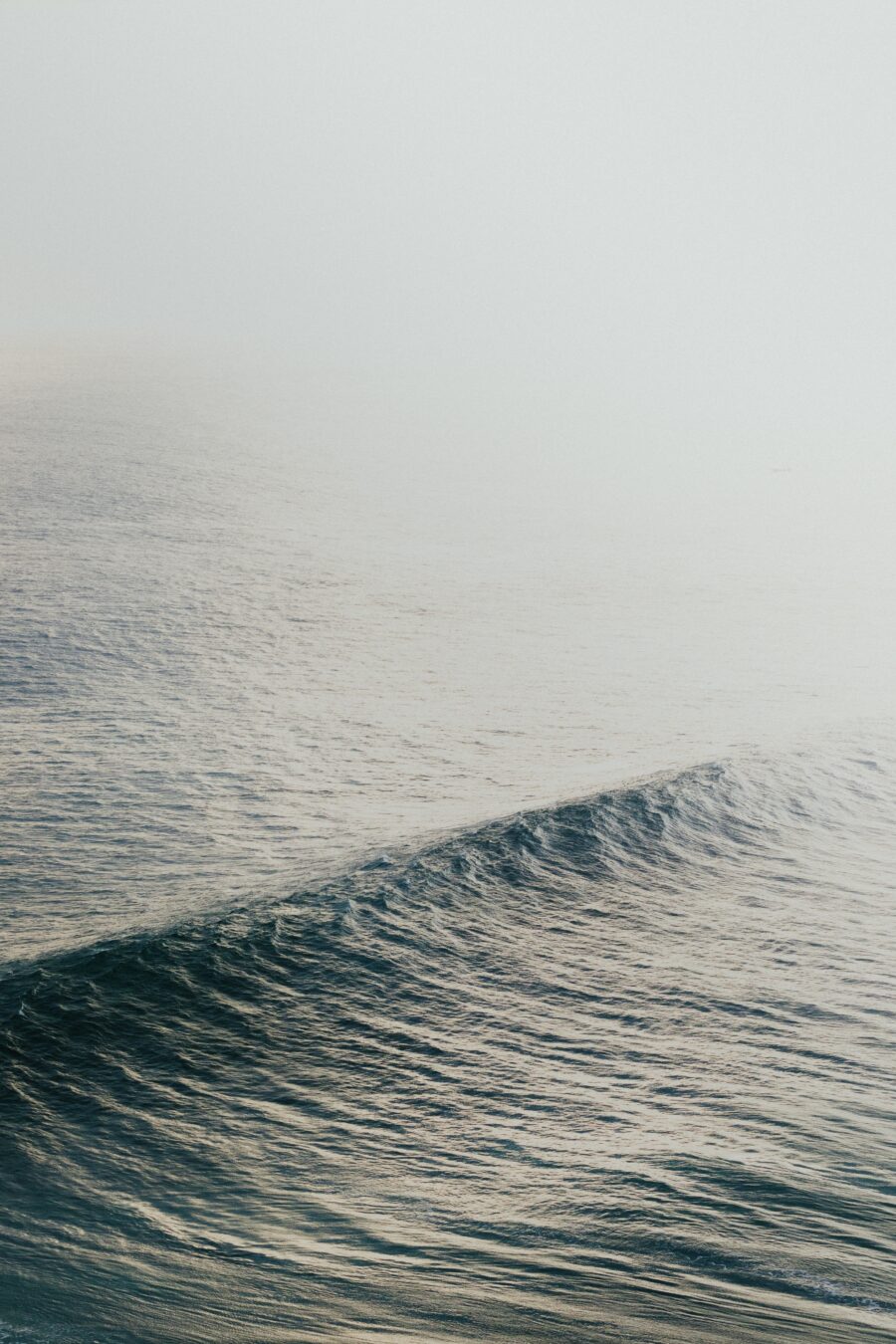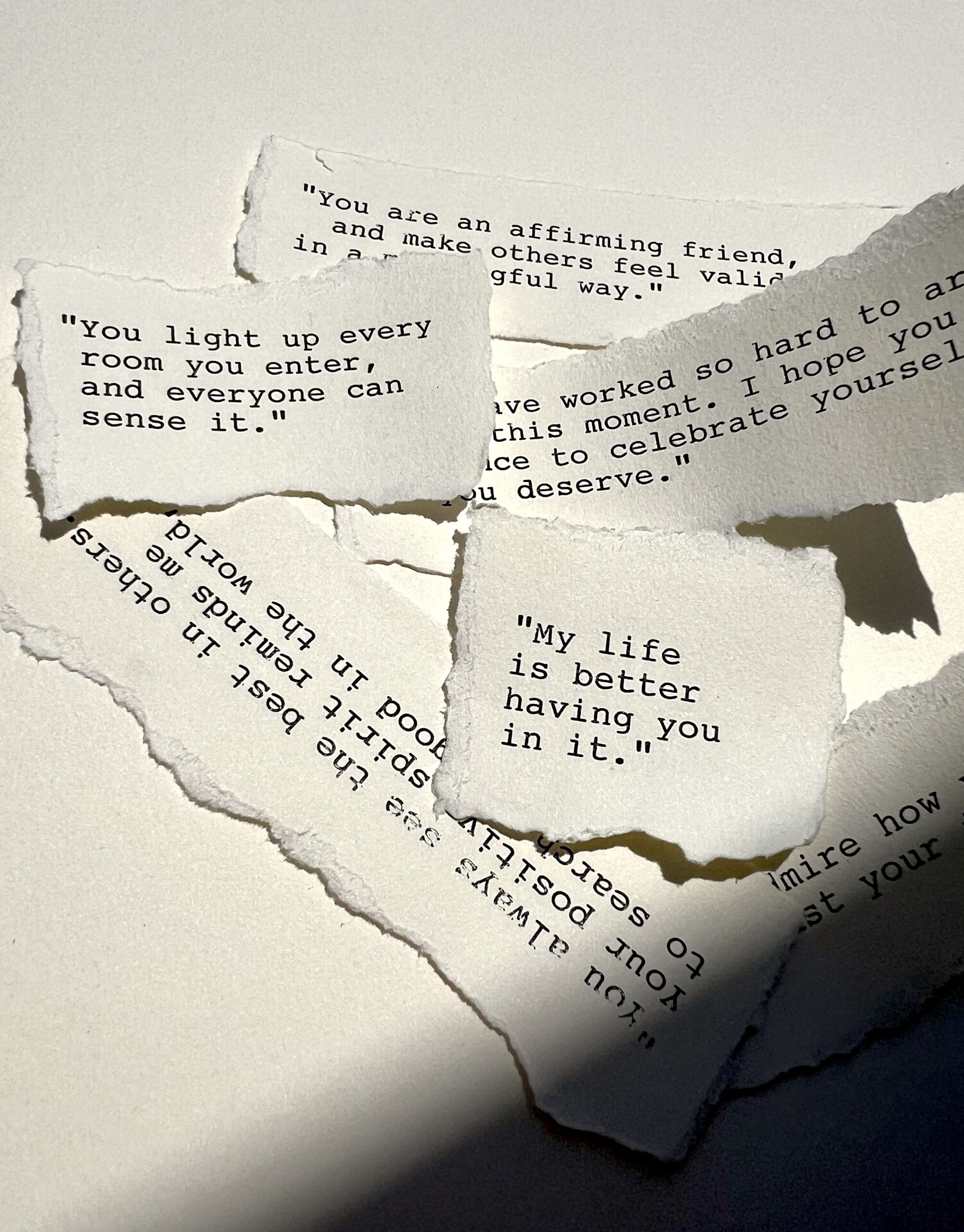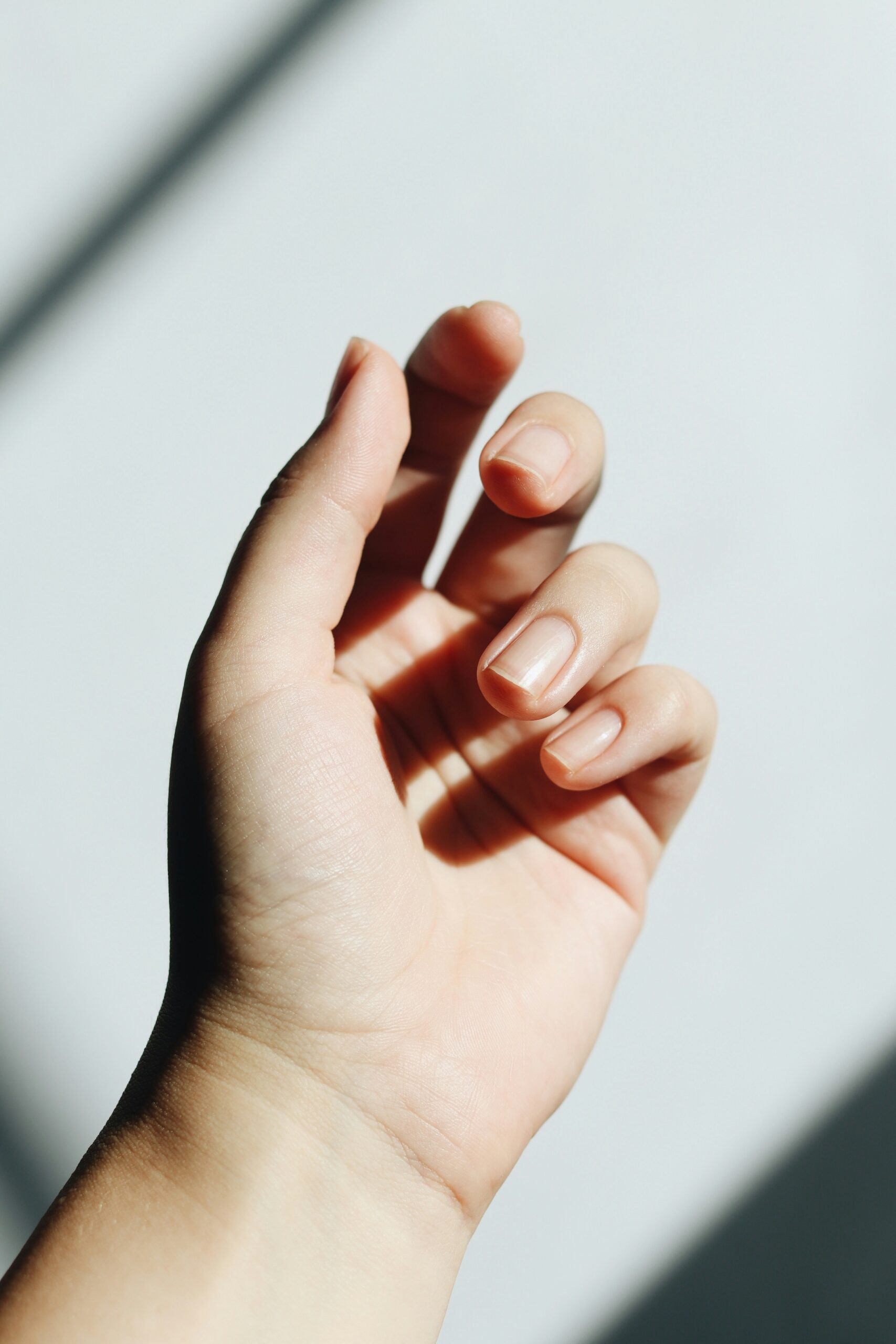
Reader Essay: The Times I Taught Myself To Swim
This essay was reader-submitted for our essay series on themes of joy, bliss, lightheartedness, and wonder.
1.
By definition, the Bay Islands in Honduras would’ve been the perfect place to learn. The gentlest of waves, privacy in at least one of the watery nooks on the islands, sea so transparent it cannot frighten or confuse at all, seemed like very adequate reasons. I had even gotten into the habit of choosing my rentals based on my coming routine, a preliminary to my life as a 6 a.m. swim kind of girl. The intention was that one day I’d walk home, sun and salt water bleaching the hair on my arms and my head a reddish, coppery color, and that it would become normal for the month I was visiting.
“I’d eventually pause, anchoring my toes in the sea bed, confiding that I couldn’t go much further because I couldn’t swim—yet.”
Two weeks in and I was still untransformed by sun rays and sea water exposure. I had made two new friends since arriving and they could both swim. After getting waist-deep in the waters, I’d eventually pause, anchoring my toes in the sea bed, confiding that I couldn’t go much further because I couldn’t swim—yet. In always adding the ‘yet’ they’d understood my intention and separately offered to teach me. Both admitted that they were not the best, but more than able to help me float, doggy paddle, or just drench myself a little further out than where I stood.
I thanked them both but immediately realized this was not what I wanted. I returned to my original plan; I would try alone first. The next Monday, I wandered out to the transparent bay waters, feeling sure this would be the day. I waded in slowly, to my core first and then a little further somewhere level to my heart. I stood there, swaying in the quietness. A few speed boats bolted past, bringing with them a generous array of waves. And then, stillness again. I stood, feeling the salt in the water wanting to carry me with it, letting me know, gently, that I was sort of in the way, that everything here exists in flow. It reminded me of dancing in a group or moving in the direction of a strong wind, though rooted. Lifting one leg, being taken enough to have to hop, and feeling how my body was apparently more comfortable with submersion than my expectations, I’d place it down again. The salty body of water was too eager and I was not ready, yet.
2.
Taking a trip to Jamaica for the first time and glimpsing a life that could’ve been mine was not an affair I could judge from land alone. My grandparents traded lushness, collected rainwater, and Sunday dinners by the river for life in London. My first time going to the beach in St. Ann Parish was a test to see if I belonged to the waters, the way I knew I belonged to the waterfalls, like my grandmothers. At this time, I had no intention to swim. I just wanted to cool down. I thought a lot about blending in, being among distant kin, and then if I could belong to the waters that once brought us there.
“My first time going to the beach in St. Ann Parish was a test to see if I belonged to the waters, the way I knew I belonged to the waterfalls, like my grandmothers.”
My relationship with the ocean, as a Caribbean person, is a matter of trust, then. It’s not just the beauty of the Caribbean sea that I was encountering for the first time, but how many chose to remain beneath it, how it is a place of freedom and a consequence of bondage, how it is alive, memoried and very new for someone born on the other side of it. I did not swim but let myself go as far as the gut would allow. I watched the sun set, ate well and humored the man who asked me why I wouldn’t swim, why I would come to the beach to ‘wet my foot’. He reminded me that our humor and ability to make jokes out of everything is likely born from survival mechanisms and big island character. I sat and admired fellow Jamaicans who had made peace with their waters.
There was one lady who had an enormous laugh even while her head bobbed above the water. Her turquoise bathing suit made her seem as if she had herself become the sea. She made me want to stay and enjoy the ocean just a little longer, so that I didn’t feel like I was still so in-between worlds. She noticed me as I made my way back to the sand, “You look like a beautiful little mermaid, girl” and she would float, led to wherever the water would want her.
3.
Once replacing my favorite beach spot (the former favorite was not actually ‘secret’ but unvisited because the mangroves are suggestive of crocodile territory), and enjoying a WhatsApp video call with my grandad, who demonstrated what I should be doing with my legs while swimming—phone lop-sided in his hand and the other used for the demo—I had unlocked all that I needed to swim. Mainly this was courage, gratitude for grandparents, and the first days of the rainy season in Belize’s cayes, which makes everything immediate.
“My first attempt didn’t work, not because of anything in the water but because I was embarrassed.”
My first attempt didn’t work, not because of anything in the water but because I was embarrassed by the one family and the several workers who were posted at the beach in the moments before a two-day-long downpour. I got in, looking around in case anyone was watching, which they were, then sat on the shore, thinking to wait them out. The sky grew grayer, the children playing seemed cold but still adamant on gathering their rocks and then, deciding it would be annoying to ride the pot-holed path home in the rain, I left. I did some sun salutations, thanked the water and observed the almost full moon making its daytime appearance.
Two days later, I went again, when the road had dried up, leaving too early for the suggestion of rainfall to matter. An empty beach and blue skies were all that awaited. I got in, speaking my intention, asking the ocean permission once again to host me for these few minutes while I reacquainted myself. Remembering my grandad’s digital demonstration, I crouched, sea up to my neck, slightly giddy at my decidedness. With my palms flat on the seafloor, I didn’t resist my body’s natural desire to rise this time. Before long, it was one arm followed by another and then brief coordination, and then stopping and remembering breath, and then my first stride forward and my second and my feet, arms, and entire body working to stay up, swimming.
“I went in search of a relationship with the water, in several places, and received new definitions of bliss.”
The memory that I will carry with me is how I went in search of a relationship with the water, in several places, and received new definitions of bliss. I released the fear of what lurks physically and historically in the ocean, fear of being seen, of being perceived as a beginner, of burdening others, and the weight that I thought would follow me into the ocean. I learnt what no instructor could teach me; peace of mind that I am good at surrendering.
“I learnt what no instructor could teach me; peace of mind that I am good at surrendering.”
I still swim, and want to return to all the places I have had to admire from dry land. I want to plunge into the Cypriot waters, go back to a cenote in the Yucatán state on my birthday and, this time, get in, and call people in while floating and treading water, telling them not to be afraid to jump. I’ll dive off boats, float under moonlight, watch as, over time, maybe a string of weekends in August, I’ll find myself the furthest from the land that I have ever drifted.
The sea is a new terrain that I’m excited to witness myself in. This time as a gentle teacher, persistent student, insisting on 15 minutes longer, the taste of salt on my lips, rinsing my skin and hair before peddling home barefoot. I celebrate myself for the small wins, gliding and splashing loudly somewhere in the warm Caribbean sea.
Amara Amaryah is a Jamaican poet and essayist, born in London. Her writings are interested in voice — often voicelessness — and reclamations of identity through definitions of home. Her work has been received, translated and read internationally. The Opposite of an Exodus is her debut pamphlet (Bad Betty Press, 2021).



